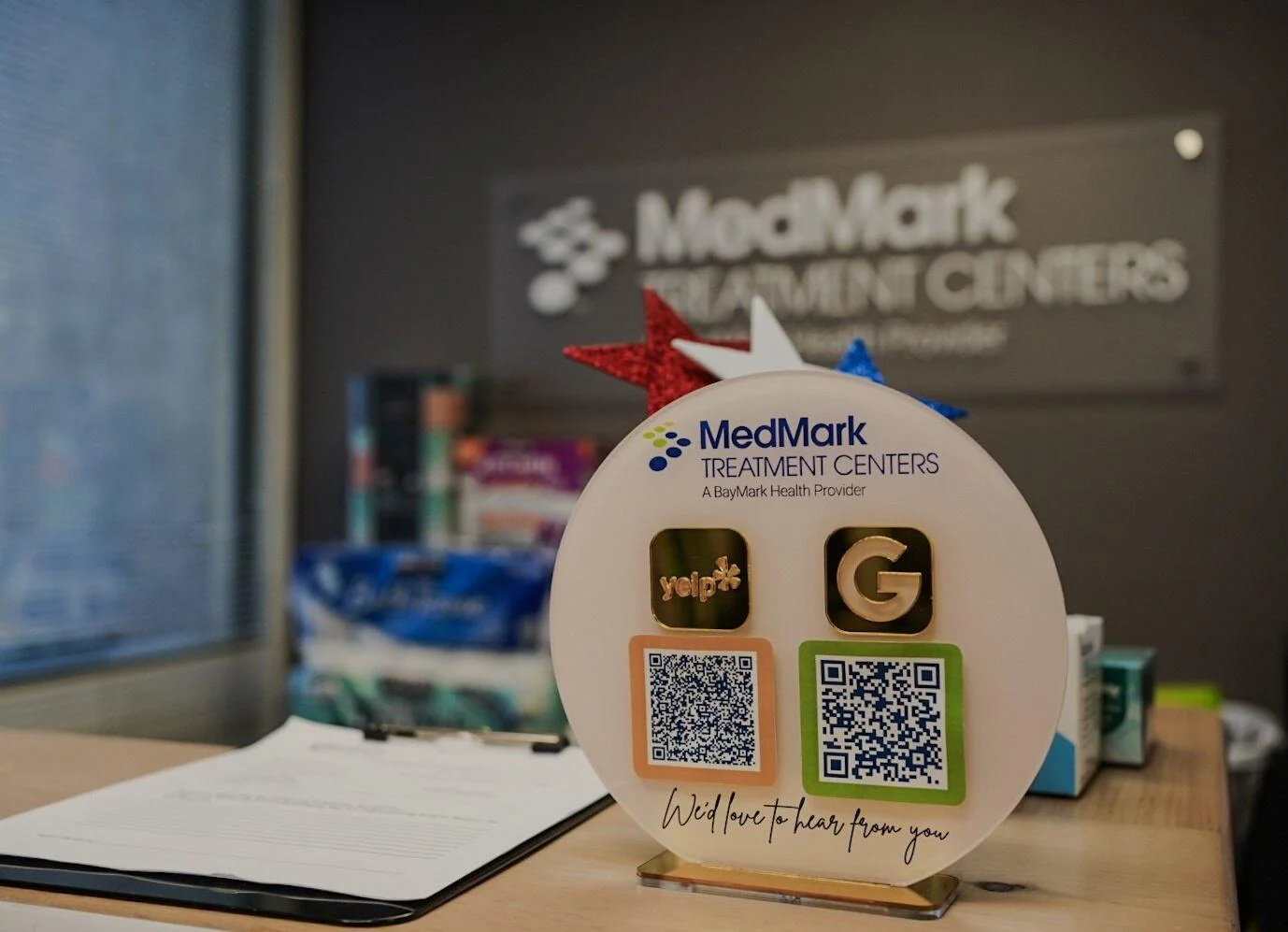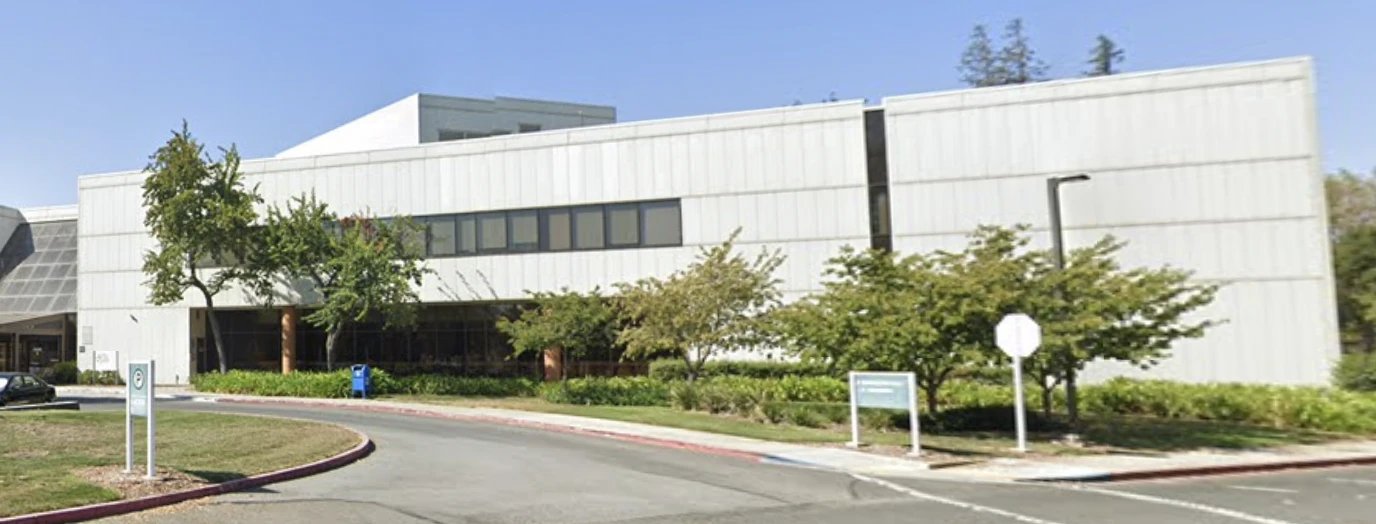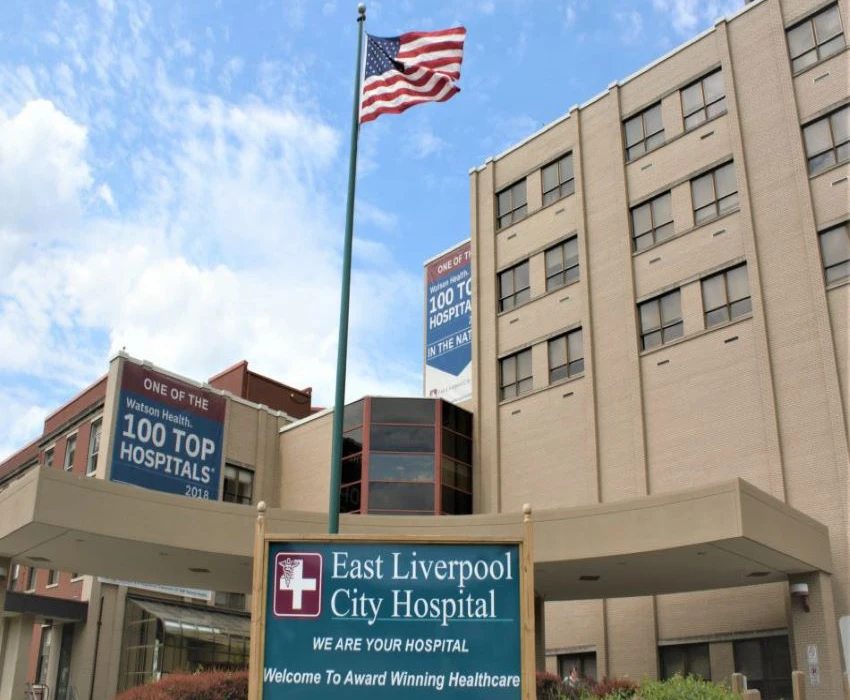BAART Programs Information
Treatment
Who We Treat
- Male and Female
- Pregnant/Postpartum Women
- Veterans
- Pregnant Women
Treatment Focus
- Prescription Drugs
- Drug Addiction
- Synthetic Drugs
- Opioids
- Medication-Assisted Treatment
Approaches
- Individual Treatment
- Evidence-Based
- Medical
- Group Therapy
- 1-on-1 Counseling
- Medication-Assisted Treatment (MAT)
- Relapse Prevention Counseling
Substances We Treat
- Prescription Drugs
- Heroin
- Opioids
- Synthetic Stimulants (Bath Salts)
- Synthetic Drugs
Languages
- English
Aftercare
- Outpatient Treatment
- Continuing Care
Level of Care
- Outpatient
- Aftercare/Continuing Care
Experience
Special Considerations
- Wheelchair Accessible
Smoking and Vaping Policy
- Smoking Not Allowed
- Vaping Not Allowed
Accreditations
-
SAMHSA certification for opioid treatment program (OTP)
SAMHSA's Opioid Treatment Programs (OTP) accreditation is a prestigious recognition that signifies a program's compliance with stringent standards and guidelines established by the Substance Abuse and Mental Health Services Administration (SAMHSA). This accreditation demonstrates an OTP's commitment to providing high-quality, evidence-based care for individuals struggling with opioid use disorder (OUD). It serves as a trusted symbol of accountability and excellence, assuring patients, families, and communities that the OTP offers safe, effective, and comprehensive treatment options for OUD.
-
Commission on Accreditation of Rehabilitation Facilities (CARF)
CARF accreditation is a prestigious recognition for organizations in rehabilitation and human services. It signifies that an organization meets rigorous quality standards and is committed to providing top-notch care. Achieving CARF accreditation involves a thorough evaluation process, including on-site surveys, to ensure excellence in programs and services. This accreditation boosts an organization's credibility, assures clients and funders of quality, and promotes ongoing improvement in the field of rehabilitation and human services.

-
State department of health
Government agencies issue State Licenses, which grant rehabilitation organizations permission to conduct their operations lawfully within specific geographic regions. Licenses needed to operate are typically determined by the type of rehabilitation program offered by the facility and its physical location.

Additional Locations
BAART Programs Accepts The Following Insurance Plans
Find the best treatment options. Call our free and confidential helpline today!








